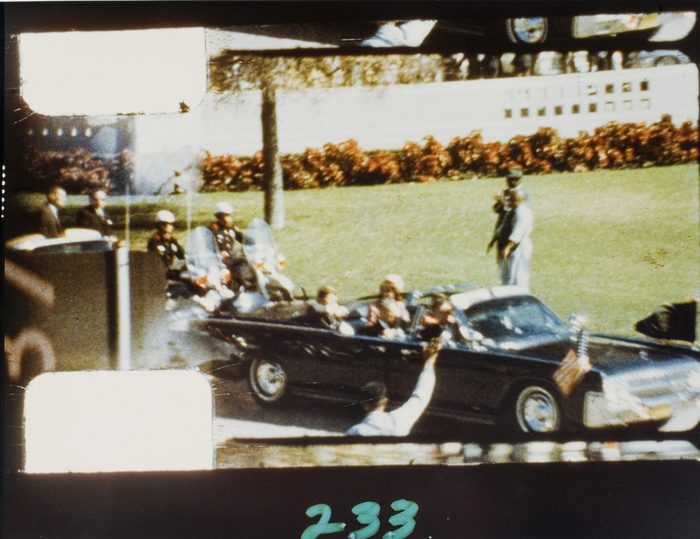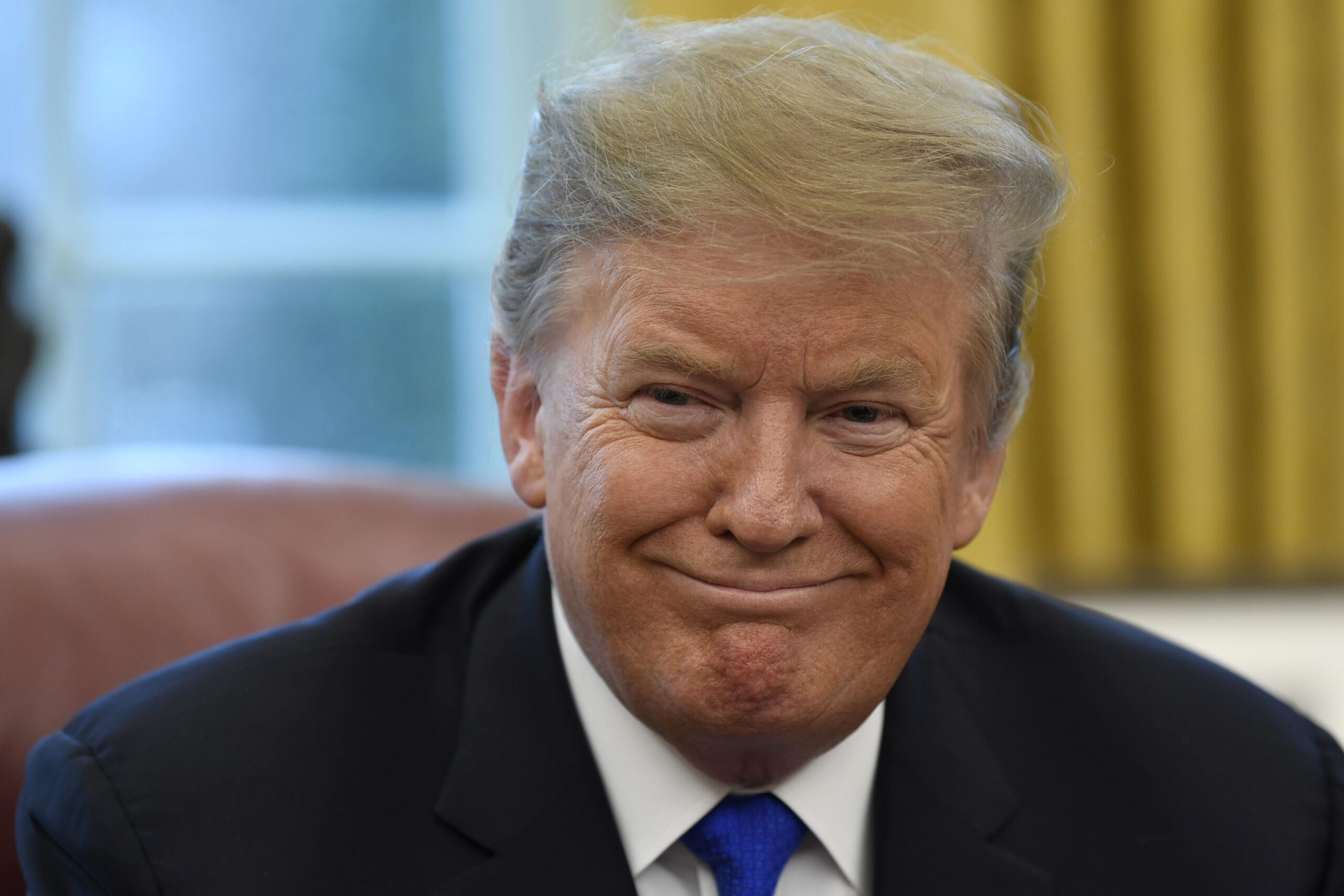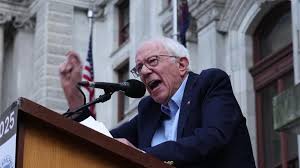
Introduction
John F. Kennedy, often referred to as JFK, was the 35th President of the United States, serving from January 1961 until his assassination in November 1963. His presidency marked a pivotal period in American history, highlighted by significant events such as the Cuban Missile Crisis and the initiation of the space race. JFK’s visionary leadership and compelling oratory continue to resonate, making his legacy a topic of importance in both historical and contemporary discussions.
The Early Years and Presidency
Born on May 29, 1917, in Brookline, Massachusetts, JFK was raised in a politically active family, which shaped his aspirations. After serving in the U.S. Navy during World War II, he embarked on a political career that led him to the U.S. Senate. In 1960, he became the youngest elected president in U.S. history at the age of 43.
JFK’s presidency was marked by efforts to promote civil rights, economic growth, and international peace. The establishment of the Peace Corps and the promotion of the New Frontier program showcased his commitment to social reform and economic advancement. His famous inaugural address included the notable call to action: “Ask not what your country can do for you—ask what you can do for your country.”
Key Events During JFK’s Presidency
One of the most memorable moments during JFK’s presidency was the Cuban Missile Crisis in October 1962, where his administration successfully navigated a tense standoff with the Soviet Union. This event not only showcased his diplomatic prowess but also averted potential nuclear war.
Additionally, JFK was a significant figure in the burgeoning space race, famously stating that the United States would land a man on the Moon before the end of the decade. This vision was realised with Apollo 11’s historic lunar landing in 1969.
The Assassination and Legacy
The assassination of JFK on November 22, 1963, in Dallas, Texas, shocked the nation and the world, leading to an outpouring of grief and speculation regarding conspiracy theories surrounding his death. The Warren Commission concluded that Lee Harvey Oswald acted alone, yet many still question the circumstances.
JFK’s influence extends beyond his short presidency; his ideals of optimism, social equality, and pursuit of peace continue to inspire new generations. The establishment of the Kennedy Center for the Performing Arts and various institutes dedicated to his memory and values ensure that his legacy remains significant in American culture.
Conclusion
John F. Kennedy’s time in office may have been brief, but his impact on American history and global relations endures. As the world faces new challenges, the principles JFK championed—civic responsibility, civil rights, and international cooperation—remain highly relevant. Understanding his legacy helps us evaluate the progress we have made and inspires future leaders to embody those principles.
You may also like

The Lasting Impact of Donald Trump on American Politics

Bernie Sanders: A Force in American Politics
